The Weizenbaum Institute for the Networked Society - The German Internet Institute is a joint project of five universities and two non university research institutions in Berlin and Brandenburg funded by the Federal Ministry of Education and Research (BMBF). The following partners are involved in the consortium: Freie Universität Berlin, Humboldt-Universität zu Berlin, Technische Universität Berlin, Universität der Künste Berlin, Universität Potsdam, as well as the Fraunhofer Institute for Open Communication Systems (FOKUS) and the Berlin Social Science Center (WZB). The Weizenbaum-Institut e.V. is responsible for the administrative coordination and legal representation of the institute.
The Weizenbaum Institute is a basic research-oriented, interdisciplinary research institute that critically questions digital change and engages in scientific inquiry in a transdisciplinary manner. The work of the institute contributes to individual and social self-determination under the conditions of digitisation by researching, continuously developing and facilitating it for the long term. We understand self-determination as a design principle that is central to the preservation of human dignity and democracy. In order to accompany the digital transformation scientifically, the Weizenbaum Institute enters an active dialogue with national and international scientists and citizens as well as actors from politics, civil society, and business. Our aim is to work together in an inclusive and respectful way, to conduct cooperative, independent and responsible research and to communicate this in an understandable way.
The Institute takes its name from the German-American computer science pioneer Joseph Weizenbaum (1923 – 2008), who critically examined the relationship between human beings and machines. His call for a responsible use of technology is emblematic of the work of the Weizenbaum Institute: studying and shaping the internet and digitalisation for the good of society.




